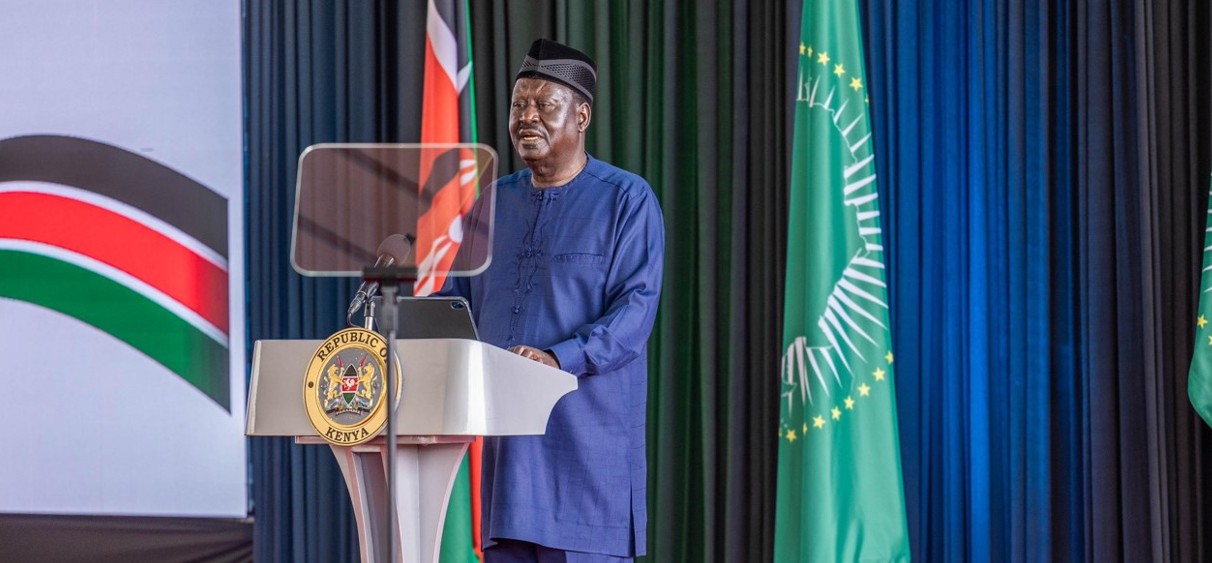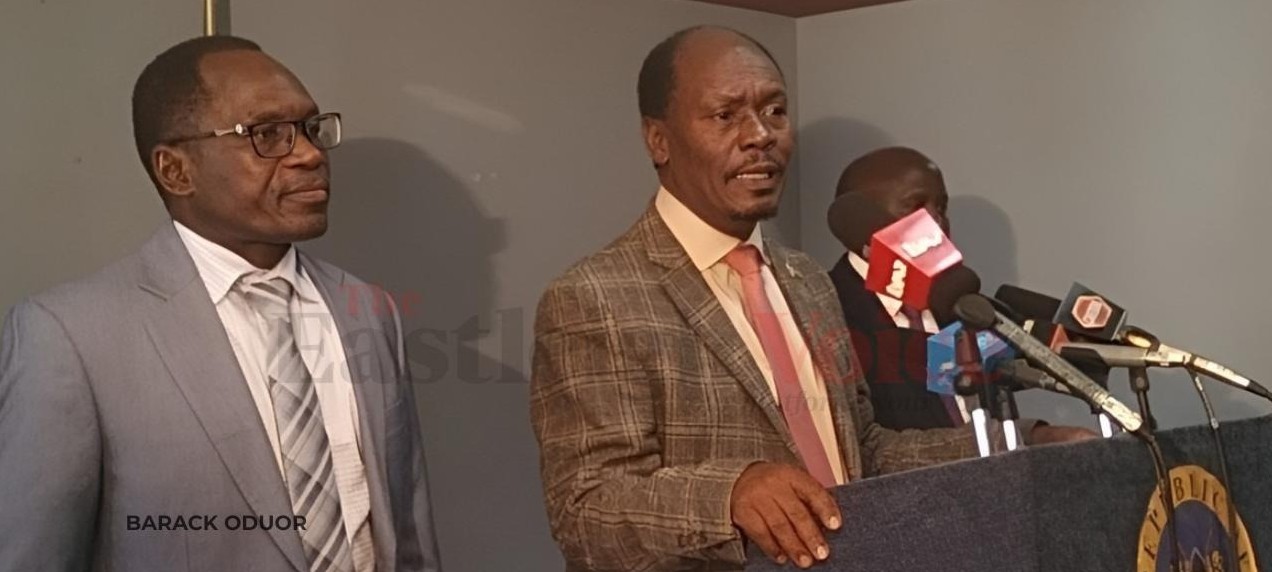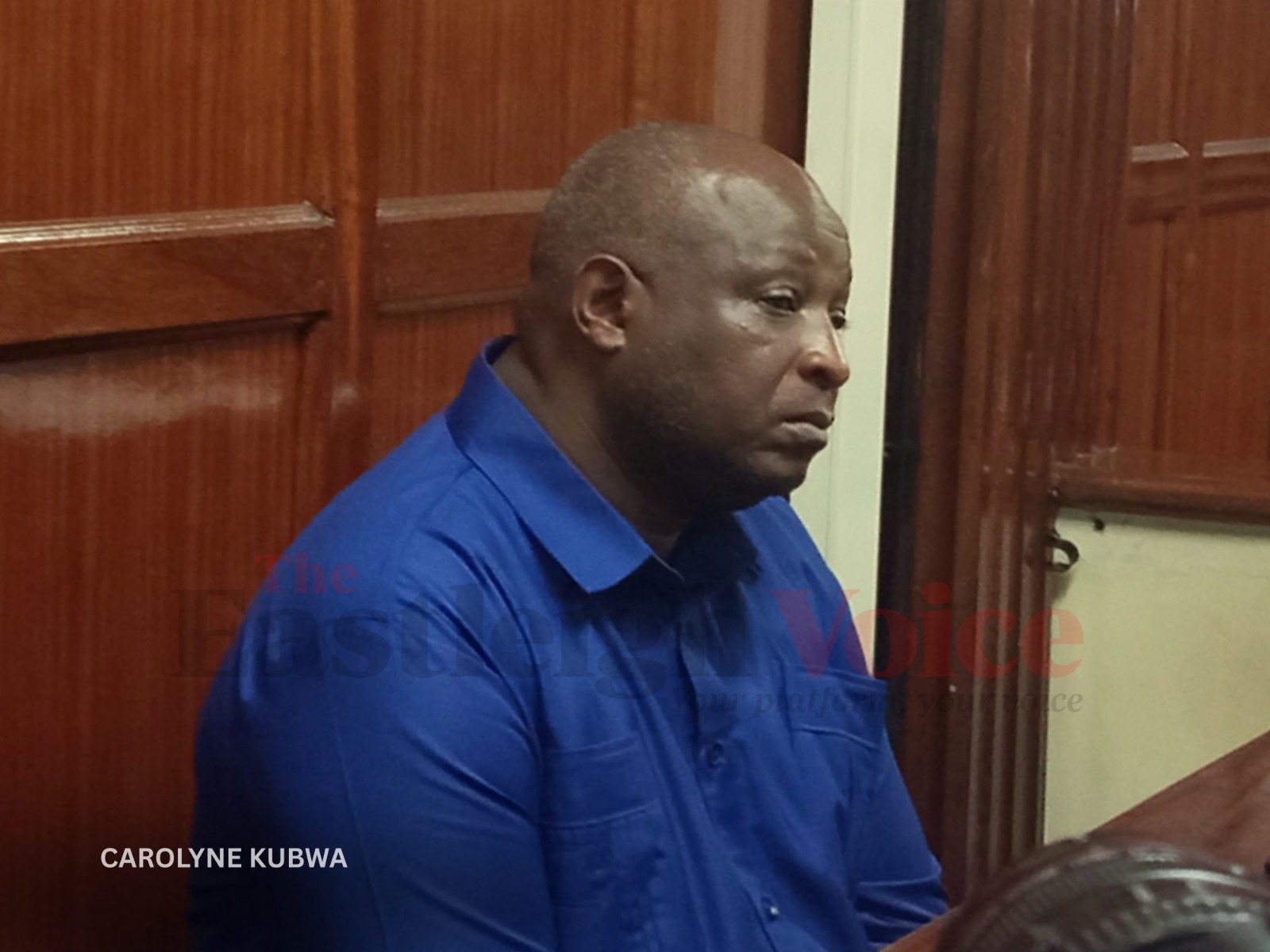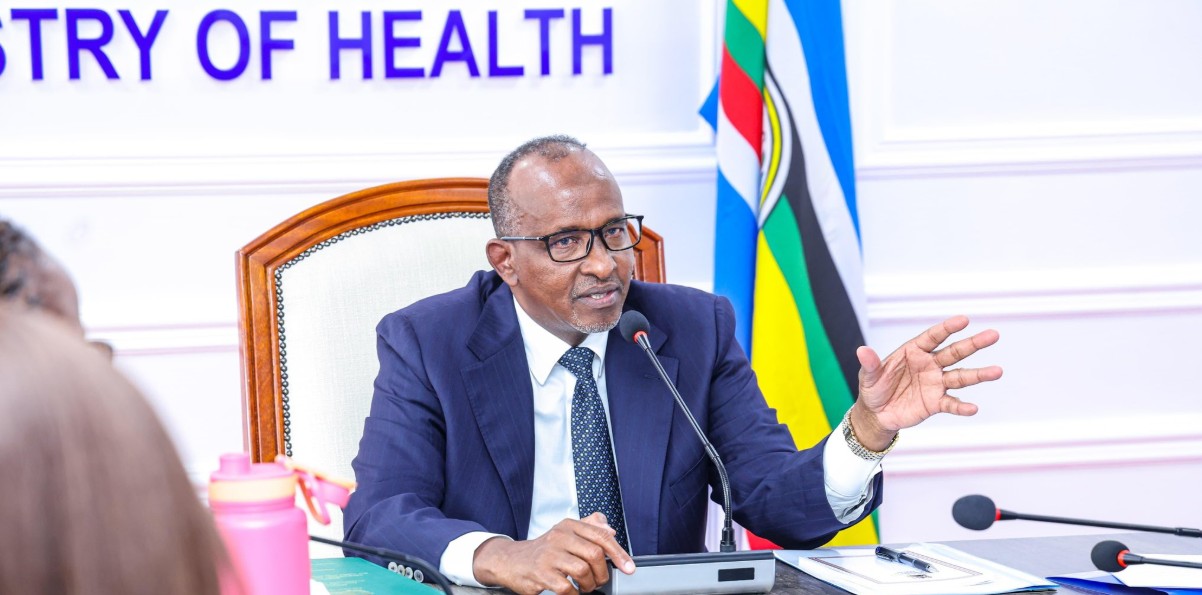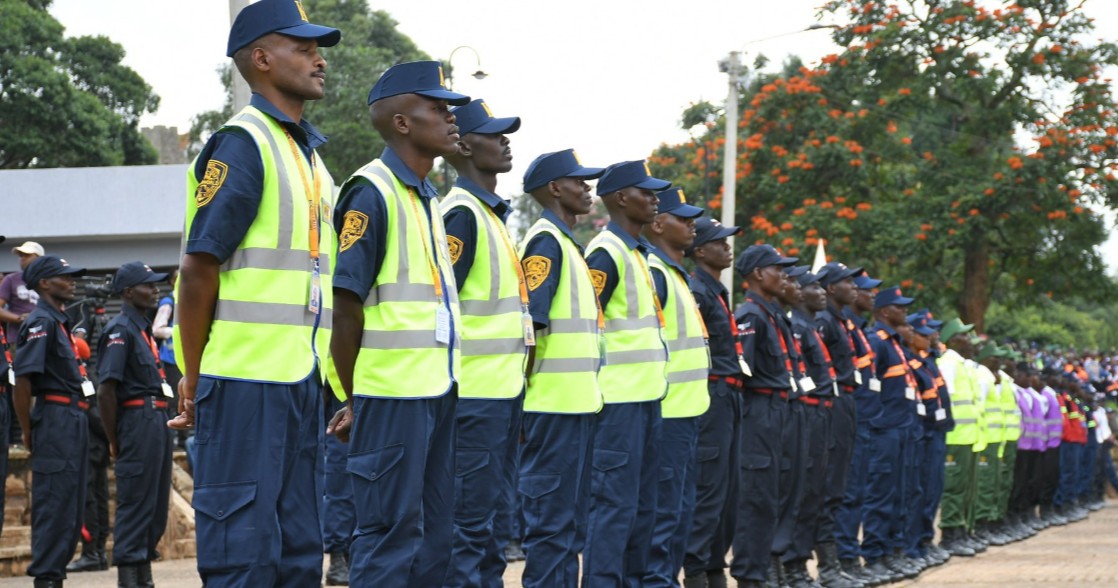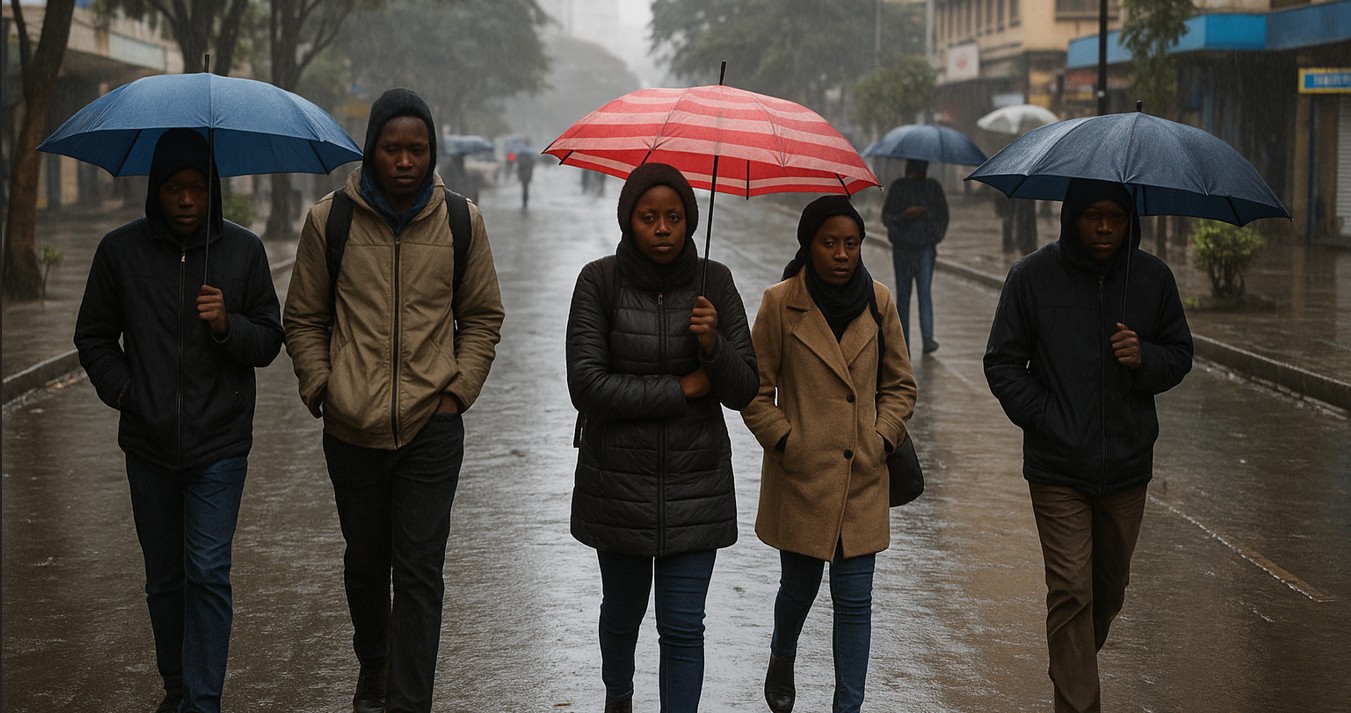KeNHA cancels Nairobi–Kiambu road tender despite multi-billion Chinese funding deal
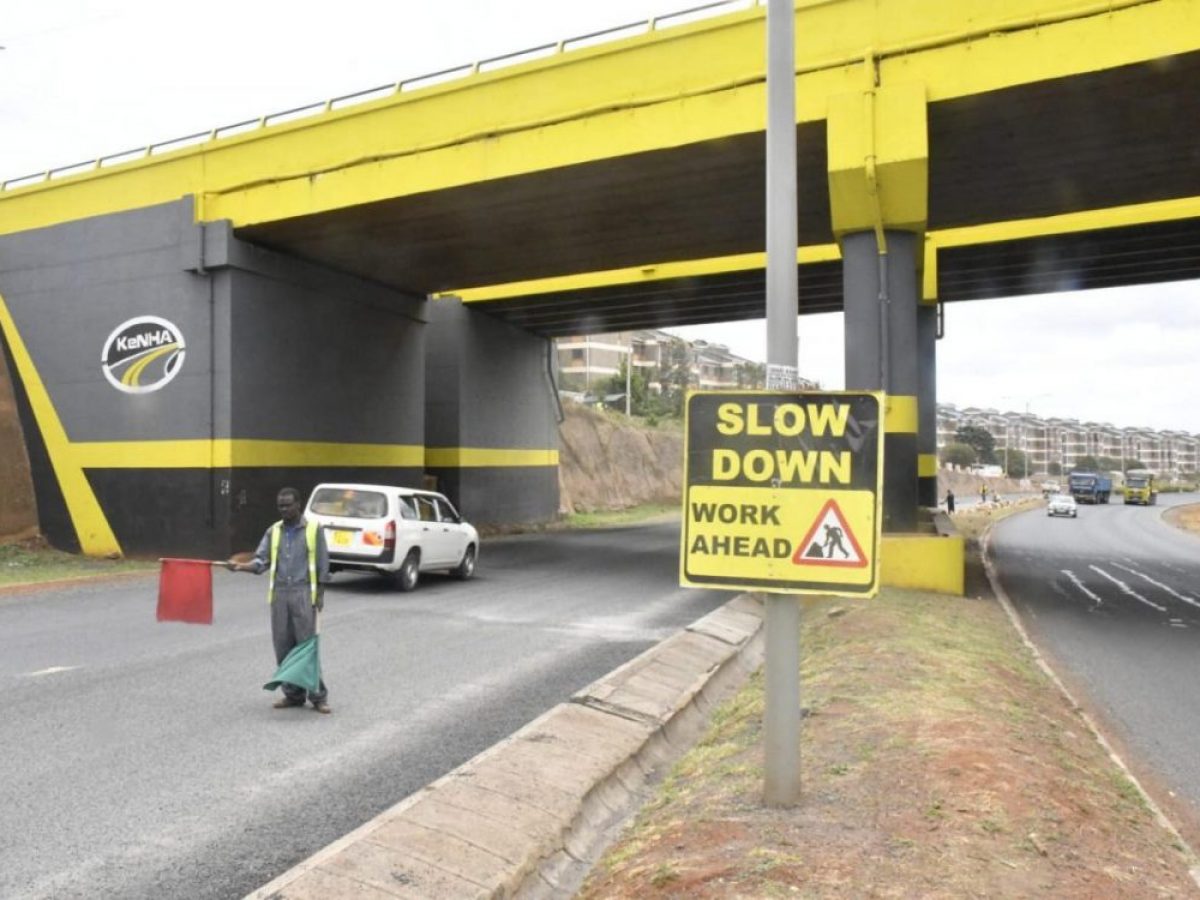
The tender, which had been initially announced on July 15, has raised concerns over the future of the multi-billion shilling project that sought to ease traffic congestion between Nairobi and Kiambu County.
The Kenya National Highways Authority (KeNHA) has cancelled an international tender for the planned upgrade of the Pangani–Muthaiga–Kiambu–Ndumberi (B32) road despite securing financing funds from a foreign lender.
The tender, which had been initially announced on July 15, has raised concerns over the future of the multi-billion shilling project that sought to ease traffic congestion between Nairobi and Kiambu County.
More To Read
- KURA to close part of Nyali’s Links Road for six months starting August 1
- KeNHA schedules four-month closure on part of Thika–Garissa road for bridge rehabilitation
- Rironi–Mau Summit Road expansion to start August amid contractor uncertainty
- KeNHA grilled over use of privately registered highway patrol vehicles
- KeNHA to expand Kiambu Road into four-lane dual carriageway under China-funded project
- KeNHA Director General Eng Kungu Ndungu resigns, Eng Luka Kimeli appointed acting DG
The agency had floated the tender exclusively to Chinese firms or Chinese-led consortia, following a financing commitment from the China Export-Import (Exim) Bank.
“The Government of the Republic of Kenya has received commitment from the People’s Republic of China through the China Export Import (Exim) Bank to finance the cost of the Capacity Enhancement of Pangani–Muthaiga–Kiambu–Ndumberi (B32) Road. The financing agreement shall be signed upon finalisation of the commercial contract,” the initial tender notice published in the MyGov publication on July 15 read.
However, in a notice published on Tuesday, KeNHA abruptly cancelled the tender without providing any explanation. The procurement process had been scheduled to close on August 22, 2025.
The sudden revocation of the tender has triggered uncertainty over the fate of the project, which was expected to transform the busy road into a four-lane dual carriageway to ease daily traffic gridlock between Nairobi’s northern suburbs and Kiambu County.
The cancellation follows mounting criticism from various stakeholders, who faulted KeNHA for limiting the tender to Chinese contractors, arguing that it contravened Kenya’s Public Procurement and Asset Disposal Act, which gives preference to local firms.
The project, which was to be funded by the Chinese government through the China Exim Bank, had outlined strict eligibility requirements restricting bidders to Chinese firms with a minimum annual construction turnover of Sh32 billion over the past five years.
The B32 project involved upgrading the existing two-lane single carriageway to a four-lane dual carriageway, complete with pedestrian walkways on both sides, six footbridges and multiple bridges at key locations, including Muthaiga Golf Club Spur, Mua Road Overpass, DCI Overpass, Coffee Garden U-turn, Runda U-turn and Junction Bridge.
The road is a critical transport corridor linking Pangani in Nairobi to Ndumberi in Kiambu via Muthaiga and Kiambu Town, serving thousands of commuters daily. The upgrade was expected to decongest major roads such as Thika Road and Limuru Road and improve connectivity between Nairobi and its rapidly growing satellite towns.
In addition to easing traffic, the project was seen as part of the government’s broader strategy to modernise urban infrastructure and promote economic growth by reducing travel times and enhancing the movement of goods and services between the capital and Kiambu County.
Following the cancellation, KeNHA has not indicated whether the tender will be re-advertised under revised conditions or if the project will be put on hold.
The development comes as the roads agency faces leadership changes after the unexpected exit of its Director General, Kungu Ndung’u, before the expiry of his term.
While such cancellations are not unusual in major infrastructure projects, they are often linked to procurement disputes, changes in funding arrangements, policy shifts or project redesigns.
Top Stories Today
Reader Comments
Trending
